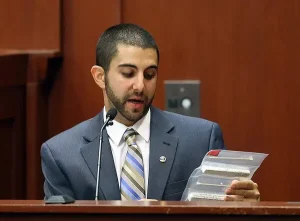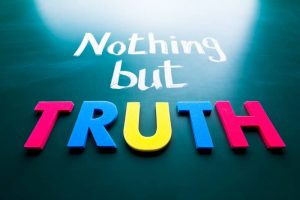Witnesses with specialized knowledge beyond that of a jury may in appropriate circumstances provide “expert testimony” in North Carolina. DWI (Driving While Impaired) charges in North Carolina regularly include evidence like breathalyzer results, blood tests, and standardized field sobriety tests.
tests, and standardized field sobriety tests.
Given the scientific, forensic, and at times highly technical aspects of impaired driving cases, testimony may include qualification in court of expert witnesses and consideration of NC Rule of Evidence 702 (the rule governing experts and expert testimony). In some circumstances, the formal process of qualification is not required if the police officer is certified by the State of North Carolina as a DRE – Drug Recognition Expert. It can, frankly, prove to be a complicated area of law.
At Powers Law Firm, our attorneys understand the impact that credible experts can have in DWI trials and how critical it is to get reliable evidence before the finder of fact. That may entail both challenging the State’s attempts to tender a police officer as an “expert” and introducing a defense expert to counter the conclusion of the State’s witness and their expert testimony.
 Carolina Criminal Defense & DUI Lawyer Updates
Carolina Criminal Defense & DUI Lawyer Updates and medical conditions that could affect impairment assessments. This article examines the different types of experts used in North Carolina DWI cases, how courts determine whether their testimony is admissible under Rule 702, and what legal considerations apply when presenting expert evidence in court.
and medical conditions that could affect impairment assessments. This article examines the different types of experts used in North Carolina DWI cases, how courts determine whether their testimony is admissible under Rule 702, and what legal considerations apply when presenting expert evidence in court. happened.
happened.